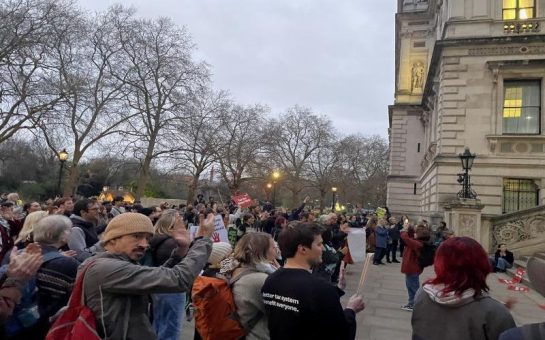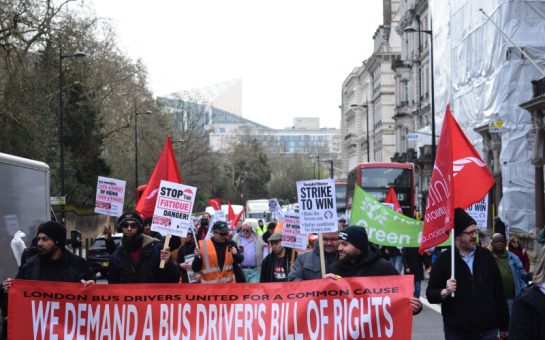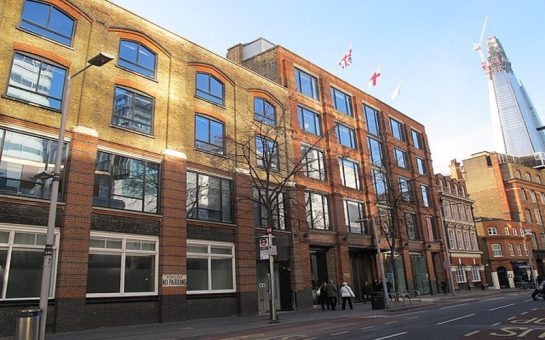Formula One’s Bahrain Grand Prix has taken place despite objections from political leaders and human rights campaigners alike.

Formula One’s Bahrain Grand Prix took place last weekend despite objections from political leaders and human rights campaigners alike.
Debates over human rights and safety concerns were the focal issues of whether it was morally right for the race to go ahead causing much controversy.
Political figures weighed in on the debate with varying opinions. Opposition leader Ed Miliband called for the cancellation of the race in “the light of human rights abuses” with his Home Secretary Yvette Cooper urging British McLaren drivers Lewis Hamilton and Jenson Button to boycott the race.
Views were divided within the coalition party however. The Prime Minister expressed his belief that the decision was one for Formula One to resolve. But he made it clear that “we always stand up for human rights”. He spoke of the importance that peaceful protests be allowed to continue, stating that Bahrains situation differs from Syria as reform is now “underway”.
Alternately, Liberal Democrat President Tim Farron echoed Labour’s sentiments calling for the race to be stopped as “it endorses and legitimises the regime”.
Following the postponement, reinstating and eventual cancellation last year, this year’s race was shrouded in uncertainty.
Since Valentine’s Day 2011, the country has been in a state of unrest as citizens lead an uprising against an oppression government regime. This has so far resulted in the deaths of dozens.
On the eve of the race a 36-year-old man was killed during clashes with riot police putting more pressure on officials to cancel.
The race passed however without incident despite protestors warning of ‘three days of rage’.
Personally I think that sports and political affairs are two separate interties and should not be mixed.
I think it was right to allow the race to go ahead as planned. Not because the Bahraini rulers wanted to rebuild their credibility in front of the world after the cancellation of last year’s race – that is irrelevant.
But because racing is beneficial for the country, it is important from an economical standpoint as Formula One generates millions in revenue. But it is also important from a social perspective as it brings together individuals from different nations and backgrounds.
If anything having the Grand Prix come to Bahrain gave the plight of activists more coverage on an international scale, although for a limited time.
In the aftermath of the race unrest looks certain to continue with plans to hold a rally in support of jailed opposition leader Abdelhadi al- Khawaja who has been on a two month hunger strike.
What remains is that whether the Grand Prix took place or not the situation showed no imminent sign of change and pulling out of a race would not foresee political change in the Gulf. It did not work last year neither would it this.




